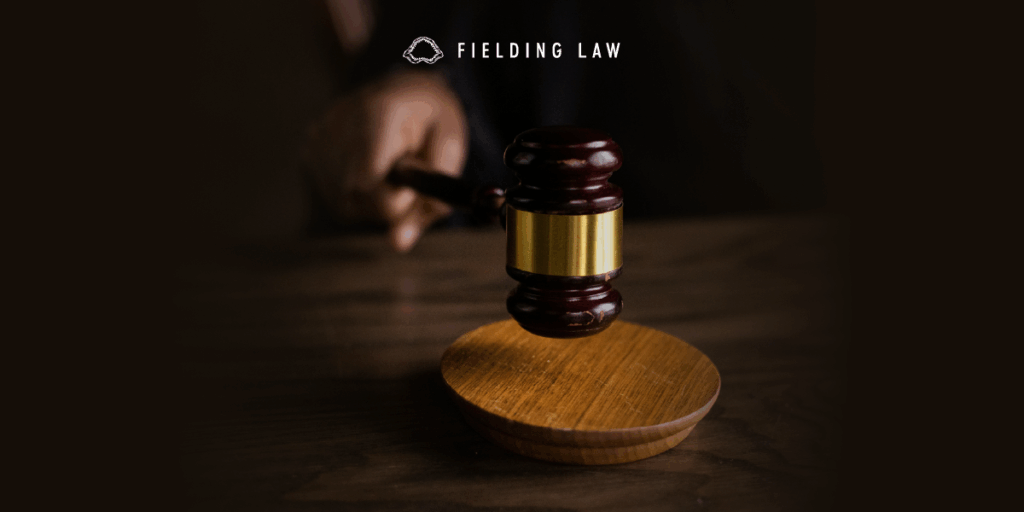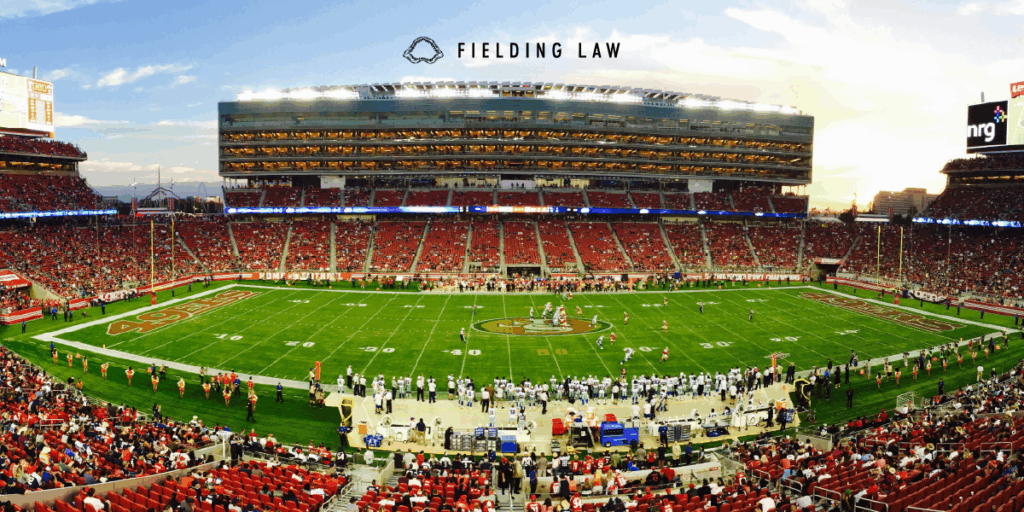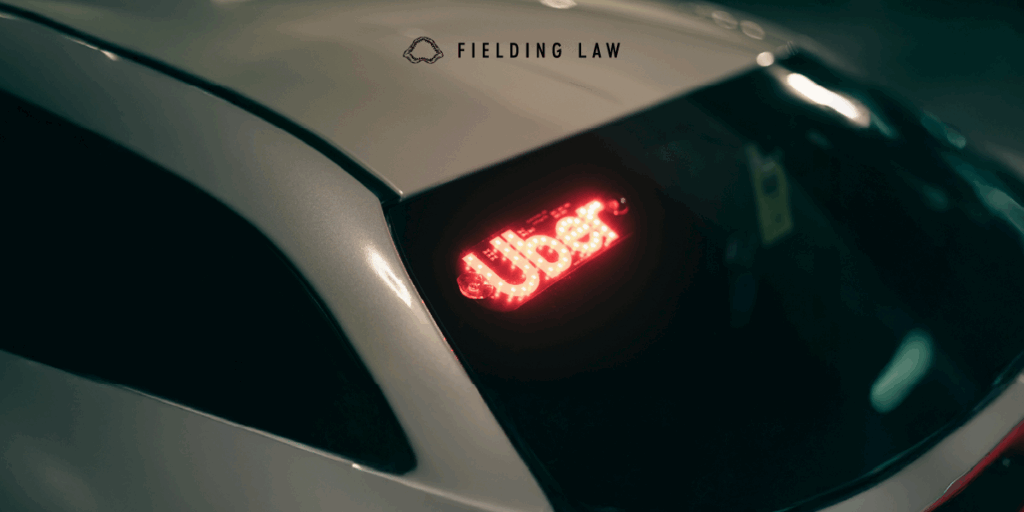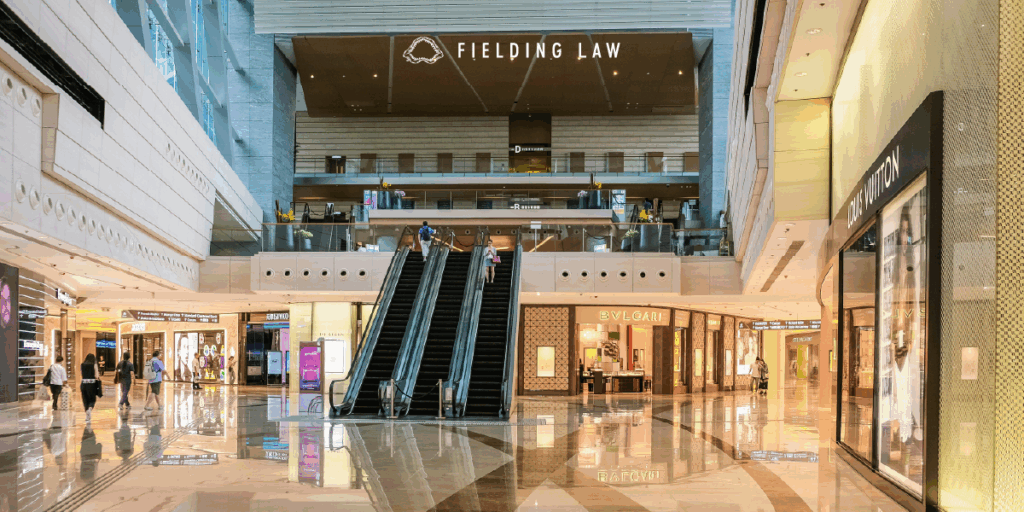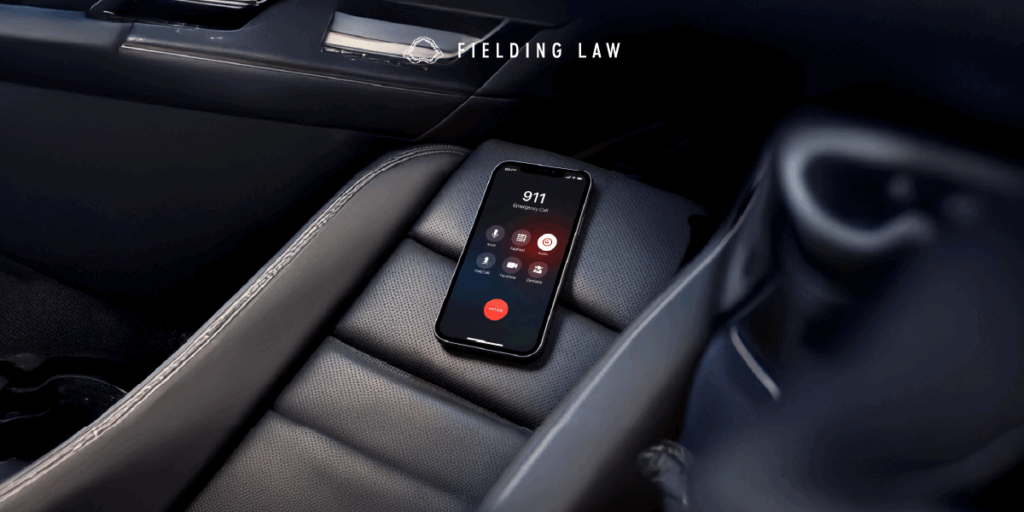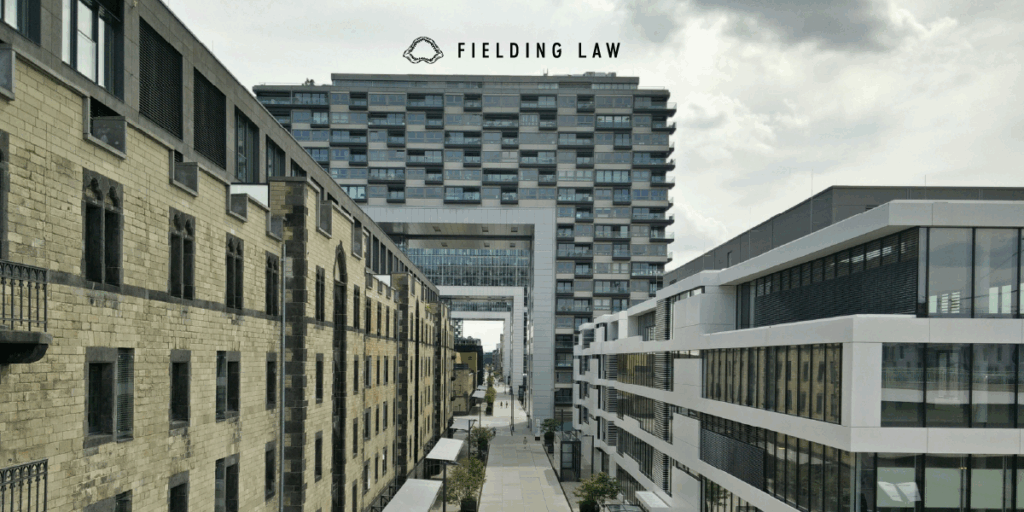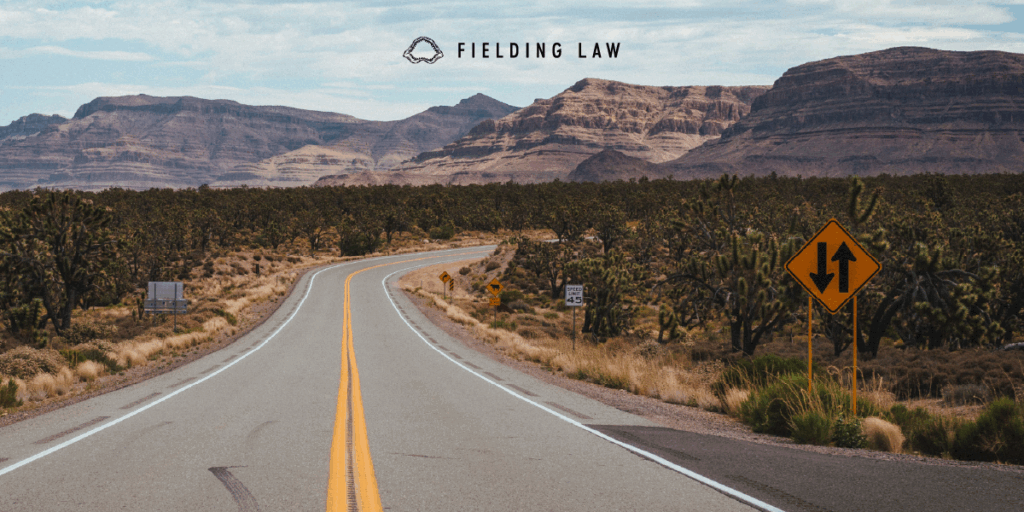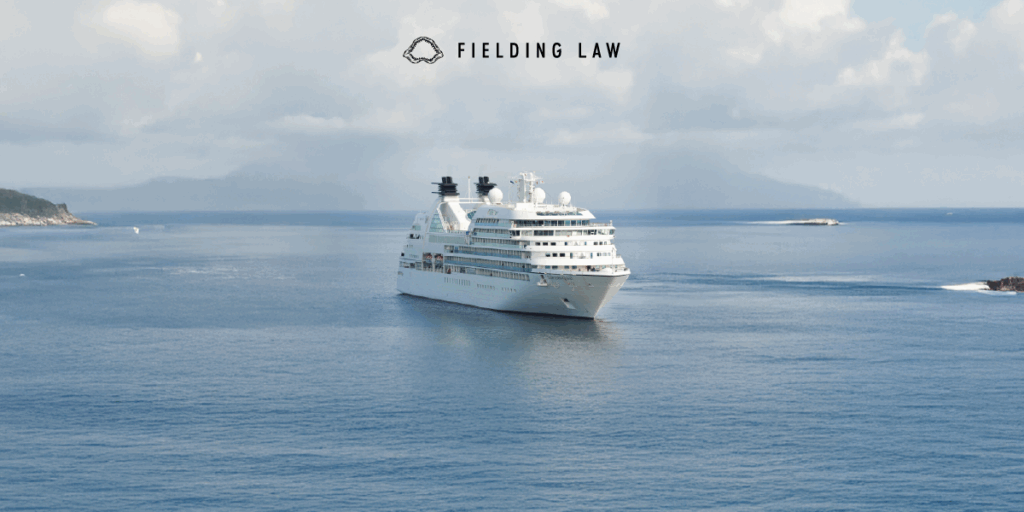Cruises are viewed as relaxing and memorable vacations. However, recent news stories show that serious injuries and devastating deaths continue to happen on board many ships. When a loved one is hurt or lost at sea, the process that follows can feel confusing. Maritime laws are different from the laws that apply on land, and they change based on where the ship was located. A cruise ship wrongful death lawyer can guide families through these complex rules with care.
Who Is Liable for Cruise Ship Injuries and Wrongful Death
Cruise Lines
Cruise companies must keep their ships safe. They must maintain walkways, railings, lighting, and all guest areas. They must also provide reasonable supervision, trained security, and immediate medical support. When a cruise line fails to correct hazards or ignores warning signs, the company can be held responsible for injuries or fatalities that result.
Crew Members
Crew members have daily contact with passengers. Their actions matter. Negligent supervision, careless medical treatment, mishandled restraint, or improper security responses can all lead to severe harm. In many cases, the cruise line is still responsible for the actions of its employees.
Third Party Contractors
Some injuries involve excursion guides, transportation operators, or onboard vendors. When a contractor provides unsafe services or fails to follow safety rules, liability can extend to that party as well.
What Laws Apply in International Waters
Death on the High Seas Act
When a wrongful death occurs more than three nautical miles from United States shores, the Death on the High Seas Act often applies. This law focuses on financial damages such as lost income or support. It does not allow recovery for emotional pain or loss of companionship, which can be difficult for grieving families. A cruise ship wrongful death lawyer can explain how this law affects each case.
Maritime and International Law
Cruise ships often travel under foreign flags. This means treaties and maritime rules may control where a lawsuit must be filed and how much time a family has to take action. These requirements can move quickly. Because of this, early legal help is extremely important.
Recent Incidents in the News
Royal Caribbean Case Involving Michael Virgil
One widely discussed wrongful death case involves the passing of Michael Virgil aboard the Royal Caribbean ship Navigator of the Seas. Reports state that staff served him more than thirty alcoholic drinks in a short period despite clear signs of impairment. When he became disoriented, he struggled to find his cabin and later encountered security staff. The lawsuit alleges that crew members used excessive force, pepper spray, and a strong sedative without proper medical care. The medical examiner ruled his death a homicide caused by mechanical asphyxia with alcohol intoxication and an enlarged heart as contributing factors. This case brought national attention to overservice and safety practices within the cruise industry.
Costa Concordia Disaster
The Costa Concordia disaster remains one of the most well known examples of negligence at sea. In 2012, the cruise ship struck rock formations near the Italian coast and partially sank. Thirty two individuals lost their lives. Investigations found major failures in navigation choices and evacuation procedures. Families pursued claims for wrongful death and negligence. This tragedy continues to guide modern safety rules and highlights the responsibility cruise lines have to protect passengers.
What to Do After a Cruise Ship Injury or Death
Passengers and families should take several important steps after an incident.
-
Take photos and videos of the area
-
Save medical records from the ship
-
Collect witness names and statements
-
Keep copies of any communication with the cruise line
-
Contact a cruise ship wrongful death lawyer as soon as possible
Maritime cases have very short deadlines. Evidence can disappear quickly at sea, so early action helps protect your rights.
Who You Can Contact If the Ship Was in International Waters
Families often feel confused when an injury or death happens outside the United States. Different laws may apply, and some claims must be filed in specific courts. A cruise ship wrongful death lawyer can review the facts, identify the correct jurisdiction, and protect important deadlines. You can contact Fielding Law for support and guidance. Our team understands how difficult these events are, and we will help you understand each step. For immediate help, call 833.88.SHARK.
Why Hire Fielding Law
Families affected by these tragedies deserve help that is compassionate, steady, and capable. Fielding Law focuses on injuries caused by negligence and understands the unique challenges that maritime cases present. Our team values professionalism and kindness. We explain every option clearly and work to pursue the best possible outcome for your case.
If you or a loved one has suffered harm on a cruise ship, you can contact Fielding Law today. Our team is ready to help you move forward with care and confidence.
Call 833.88.SHARK to discuss your case with a trusted personal injury lawyer today.
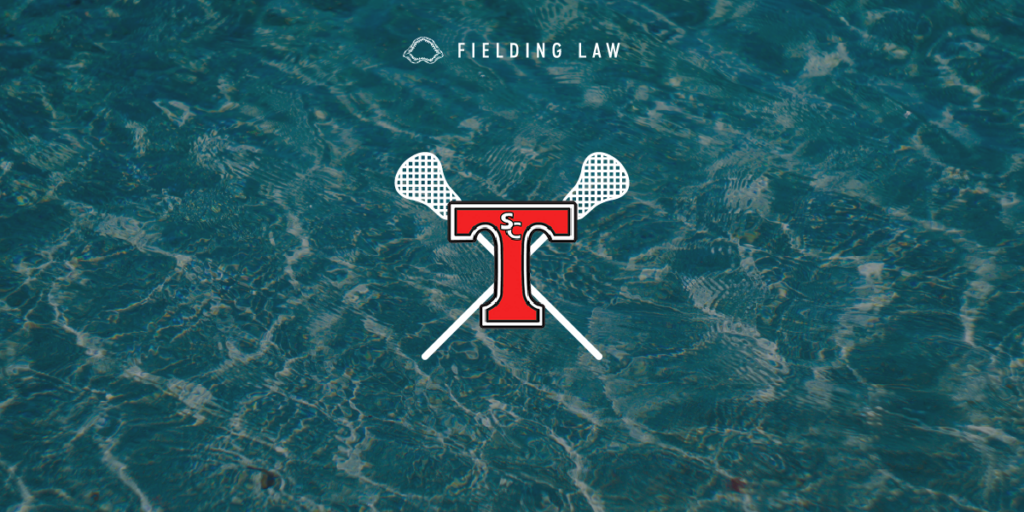

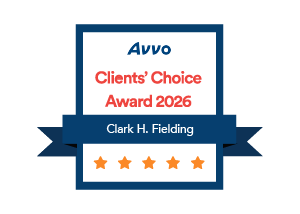 Why Clients Feel This Way About Clark
Why Clients Feel This Way About Clark